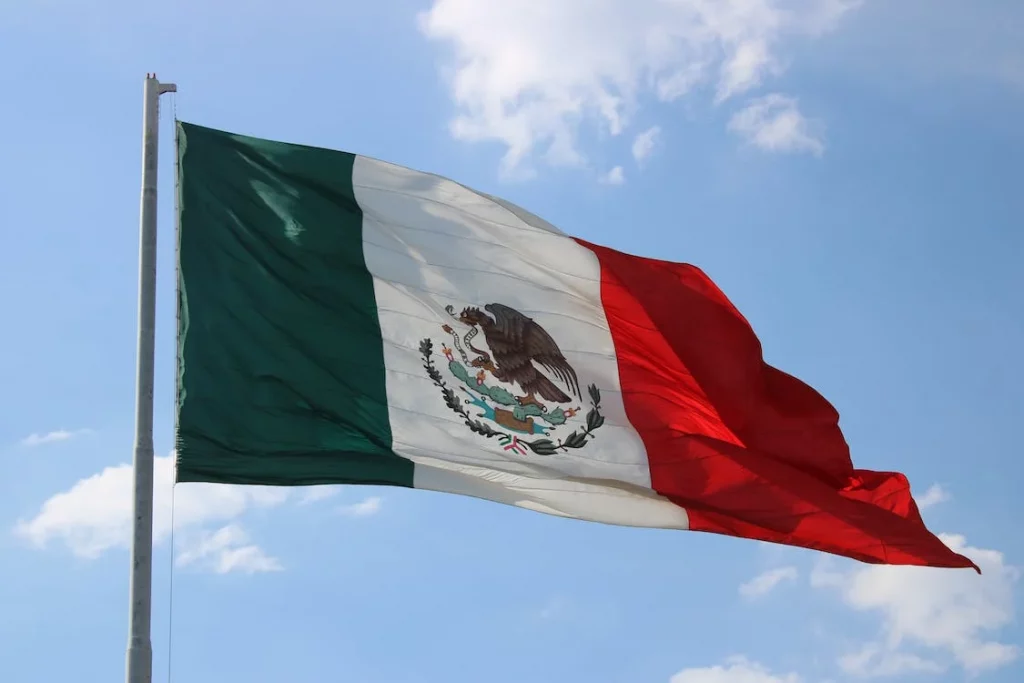Leftist President Andrés Manuel López Obrador (AMLO), of the Morena party, has maintained widespread popularity in Mexico, according to French credit insurer Coface.
At the same time, the ruling coalition has also increased its dominance among state governments.
Its most recent and representative victory was in the State of Mexico in June 2023, bringing the total number of states governed to 23 out of 31 and encompassing 73% of the population.
In addition, Coface reports that the government has the strongest representation in Congress, with 277 (out of 500) seats in the Chamber of Deputies and 72 (out of 128) in the Senate, but falls short of the two-thirds majority needed to amend the Constitution.
However, with respect to the judiciary, the government has had a somewhat contentious relationship with the Supreme Court of Justice of the Nation (SCJN).
The SCJN has often ruled against the President’s reform agenda.
For example, in June 2023, it struck down the remaining segment of an electoral reform that would have significantly eroded the power of the national electoral agency INE.
Cofece highlights that with less than a year to go before the general elections, the political environment has begun to be influenced by this event.
AMLO
A new president will be elected for a six-year term (Mexico’s presidency is limited to a single term), along with the 500 members of the Chamber of Deputies and 128 members of the Senate.
So far, it is emerging that AMLO’s replacement will be a woman. Claudia Sheinbaum, former head of government of Mexico City, aims to be the presidential candidate of Morena, and Senator Xóchitl Gálvez, is positioned to be the candidate of the opposition alliance Va por México, formed by PAN, PAN and PRD.
Although she starts as a favorite in the polls, in the last few months Gálvez’s name has begun to gain strength. The PAN senator was named candidate of the opposition alliance Va por Mexico, composed by her own party, PAN and PRD.
In Mexico, whoever has held the office of President, by popular vote or in an interim, substitute or provisional capacity, may not hold such office again.
General elections were held in Mexico on July 1, 2018. López Obrador took office on December 1, 2018, replacing President Enrique Peña Nieto of the PRI.

